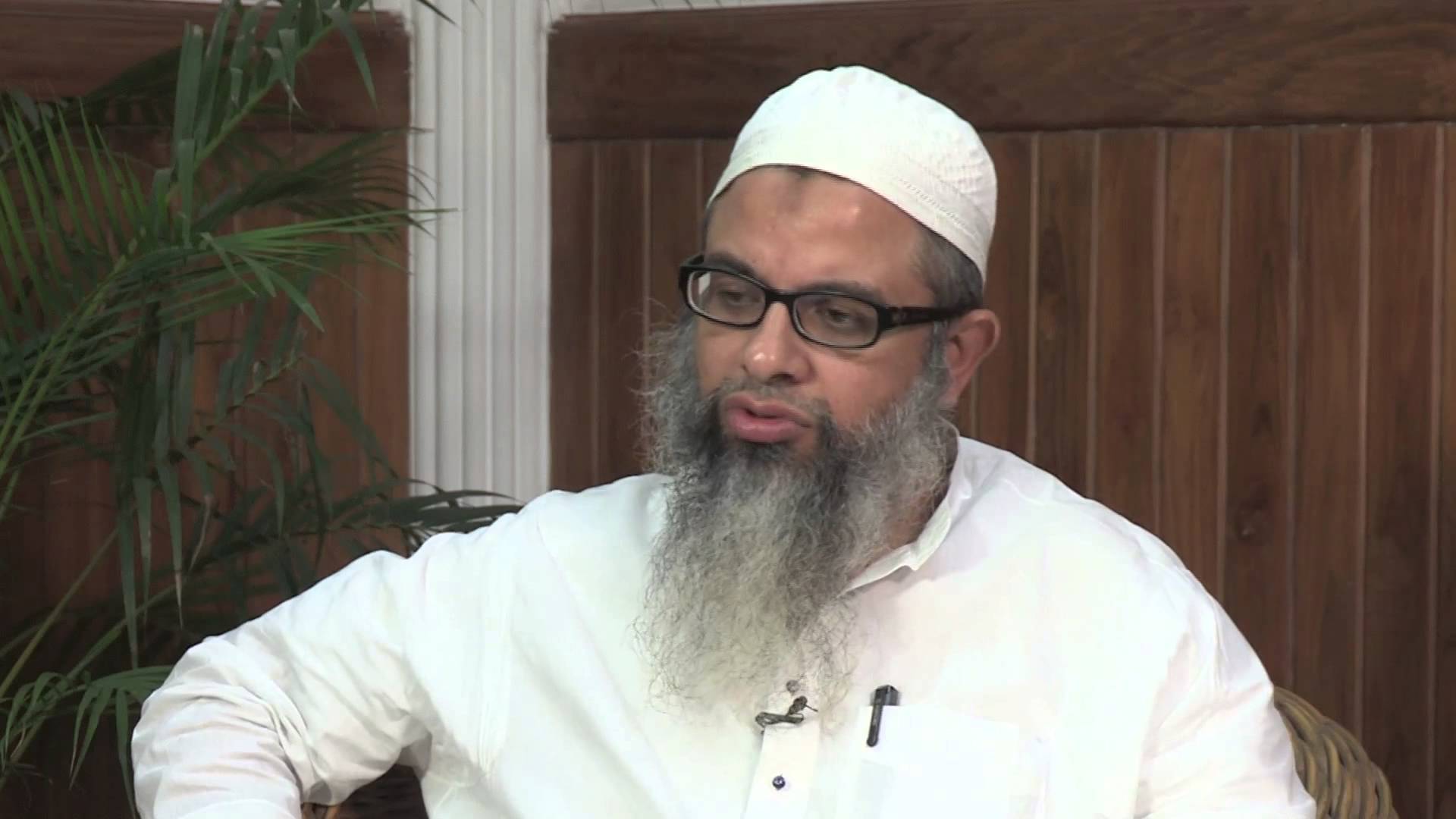
Jamiat Ulama-e-Hind – a prominent organization of Indian Islamic Scholars – recently asserted before the Supreme Court of India that courts could not test the validity of Muslim personal law as it was based on the Holy Koran. Opposing the court’s move to do away with gender bias against women, the organization contended that judiciary could not examine the constitutional validity of the practices of marriage, divorce and maintenance under Muslim personal law on the ground of violation of fundamental rights. Last year, the SC of India had decided to examine Muslim personal law to scrap provisions biased against women, often victims of polygamy and arbitrary divorce. “Personal laws do not derive their validity on the ground that they have been passed or made by a legislature or other competent authority. The foundational sources of personal law are their respective scriptural texts, the organization told a bench headed by Chief Justice of India- TS Thakur. “The Mohammedan Law is founded essentially on the Holy Koran and thus it cannot fall within the purview of the expression ‘laws in force’ as mentioned in…the Constitution,” it said in an application. The SC allowed the organization to become a party to the case.The court, which had earlier issued notices to the Attorney General and National Legal Services Authority of India, will take up the matter in few months. India has separate personal laws for each religion governing marriage, divorce, succession, adoption and maintenance. While Hindu Law overhaul began in the 1950s, any attempt to reform Muslim law has met stiff resistance from conservative elements.



